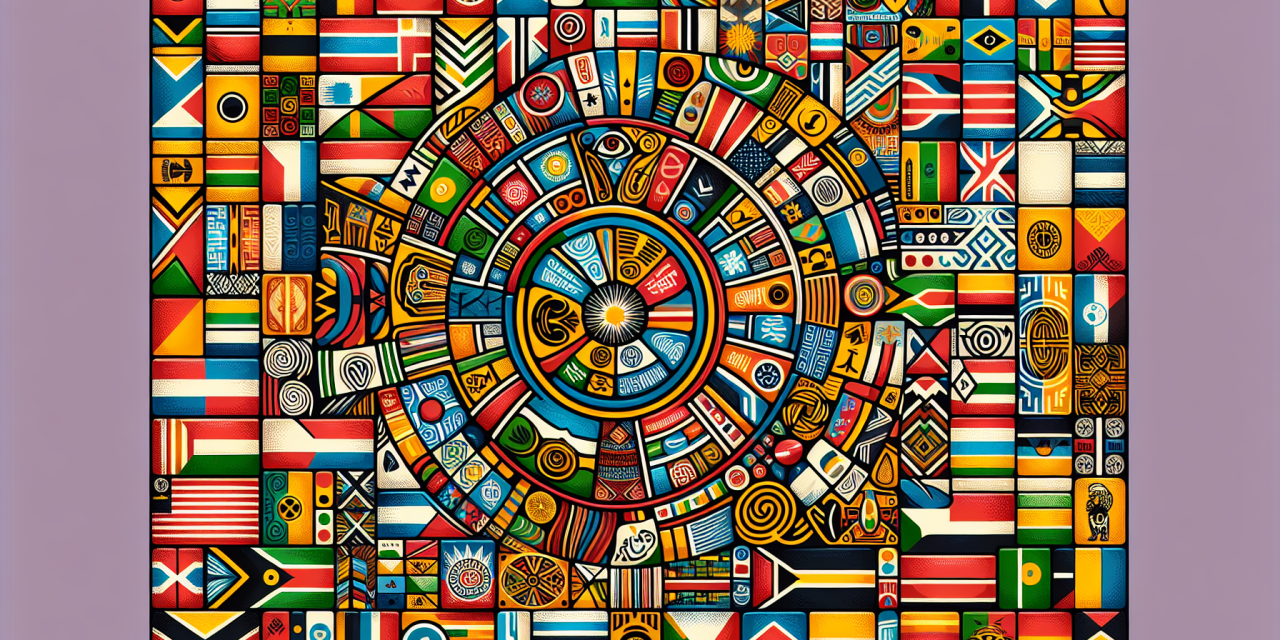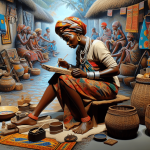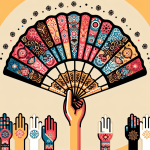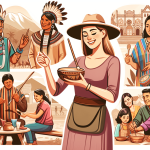Botswana, a mesmerizing country in Southern Africa, is renowned for its diverse linguistic landscape. With a rich tapestry of languages, Botswana is home to several prominent tongues. Setswana, the official language of the country, dominates as the most widely spoken language, fostering unity among its citizens. Additionally, English has a significant presence, serving as the official language of administration and education. The fascinating linguistic mosaic of Botswana also includes various indigenous languages such as Kalanga, Sekgalagadi, and Herero, reflecting the cultural vibrancy and heritage of this captivating nation.
Official Language
Setswana
In Botswana, the official language is Setswana. It is the most widely spoken language in the country and serves as a unifying factor among its diverse population. Setswana is a Bantu language, belonging to the Sotho-Tswana language family. It is spoken by the Tswana people, who are the largest ethnic group in Botswana. Setswana is recognized as one of the national languages and is used in government, education, media, and formal settings across the country.
Indigenous Languages
Kalanga
Sesarwa
Shekgalagari
Gciriku
Mbukushu
Yeyi
Basarwa Language
Birwa Language
Naro Language
Tswana
Alongside Setswana, Botswana is home to a rich tapestry of indigenous languages spoken by various ethnic groups. These languages are an integral part of Botswana’s cultural and linguistic heritage. The Kalanga language is spoken by the Kalanga people, who primarily reside in the northeastern part of Botswana. The Sesarwa language is spoken by the San people, also known as the Basarwa, who are indigenous hunter-gatherer communities in Botswana. Shekgalagari is spoken by the Shekgalagari people living in the southern part of the country. Gciriku is spoken by the Mbukushu people, mainly found in the northwest of Botswana. Yeyi is spoken by the Yeyi people, concentrated in the northern region. Additional indigenous languages include the Basarwa language, Birwa language, Naro language, and other dialects of the Tswana language, spoken by different ethnic groups within Botswana.
Minority Languages
English
Afrikaans
In addition to the indigenous languages, English and Afrikaans are also spoken in Botswana. English serves as a significant minority language and is widely understood and spoken, especially in urban areas, government, and business settings. It is an essential language in education and offers opportunities for international communication and trade. Afrikaans, a language with Dutch origins, is spoken by a minority of people in Botswana, particularly those with ancestors from South Africa.
Foreign Languages
French
Chinese
Portuguese
Botswana, being a multicultural and diverse country, also has a presence of foreign languages. French, as an international language, is taught in some educational institutions and may be spoken by individuals with a background in French-speaking countries or who have learned the language for business or personal reasons. Chinese has gained popularity in recent years due to growing economic ties between Botswana and China. Portuguese, as the official language of neighboring Angola and Mozambique, can also be heard in Botswana due to cultural and economic interactions with those countries.
Historical Influence on Language
British Influence
German Influence
Dutch Influence
South African Influence
Botswana’s linguistic landscape has been shaped by historical influences from various countries. British influence is notable, as Botswana was a former British protectorate known as Bechuanaland. The English language was introduced through British colonization and has since become one of the main languages of administration and education. German influence can be seen in some specific communities, as missionaries from German-speaking regions worked in Botswana, leaving a lasting impact on certain dialects and vocabulary. Dutch influence, through Afrikaans, can be attributed to the geographic proximity and historical ties with South Africa. South Africa, as a neighboring country and a major regional power, has had a significant influence on Botswana’s language due to shared borders, trade, and cultural exchanges.
Language Education
Medium of Instruction
Language Policies
Language Education in Schools
Language education in Botswana plays a crucial role in promoting language diversity and ensuring effective communication among its citizens. Setswana is the main medium of instruction in schools, especially at the primary level, to provide a strong foundation in the country’s official language. English is gradually introduced as a subject and becomes the primary medium of instruction at higher levels. This bilingual approach aims to develop proficiency in both languages and prepares students for higher education and broader employment opportunities. Language policies in Botswana focus on the preservation and promotion of indigenous languages, recognizing their significance in cultural identity while fostering inclusivity and national unity. Efforts are made to incorporate indigenous languages into the curriculum, allowing for their continued use and appreciation among younger generations.
Language Diversity
Language Variation Across Regions
Language Use in Urban Areas
Language Use in Rural Areas
Language Shift
Botswana’s linguistic diversity is further reflected through variations in language across different regions. While Setswana serves as the lingua franca throughout the country, specific indigenous languages may be more prevalent in certain areas. For example, in the northeast, where the Kalanga people reside, Kalanga may be the primary language spoken. In urban areas, such as Gaborone or Francistown, English is widely used in business, education, media, and everyday communication due to its international status and urbanization. In rural areas, indigenous languages may be more commonly spoken, particularly among older generations. However, there is a gradual language shift occurring as younger generations, influenced by urbanization and global trends, increasingly opt for English as their primary language of communication.
Language Revitalization Efforts
Promoting Indigenous Languages
Preservation and Documentation
Language Revitalization Programs
Recognizing the importance of preserving indigenous languages, Botswana has undertaken various language revitalization efforts. The government, alongside community organizations and language experts, actively promotes the use and recognition of indigenous languages to ensure their survival and promotion of cultural heritage. Efforts include the development of language materials, such as dictionaries, grammars, and educational resources, to preserve and document indigenous languages for future generations. Language revitalization programs aim to strengthen the teaching and learning of indigenous languages, offering classes, workshops, and cultural events to encourage their use and appreciation.
Language Interactions with Culture
Language and Identity
Language and Traditional Practices
Language and Art
Language in Botswana is deeply intertwined with culture, shaping individual and collective identities. Language acts as a medium through which cultural values, traditions, and histories are transmitted and preserved. Different languages often reflect unique cultural practices and expressions. For example, indigenous languages hold a wealth of traditional knowledge, including medicinal practices, storytelling, and cultural ceremonies. Art forms such as music, poetry, and storytelling are also deeply connected to language, allowing for the expression of cultural narratives and experiences.
Importance of Language Preservation
Preserving Cultural Heritage
Enhancing Communication
Promoting Inclusivity
Language preservation is of utmost importance in Botswana for several reasons. Firstly, it plays a vital role in preserving cultural heritage by ensuring the survival of indigenous languages and the associated traditions, knowledge, and wisdom they hold. Language acts as a carrier of collective memory, allowing future generations to connect with their cultural roots. Secondly, language diversity enhances communication within the country, allowing people from different regions and backgrounds to interact and understand one another. By embracing and valuing multiple languages, Botswana fosters inclusivity and ensures that every citizen can participate in social, economic, and political spheres of life.












